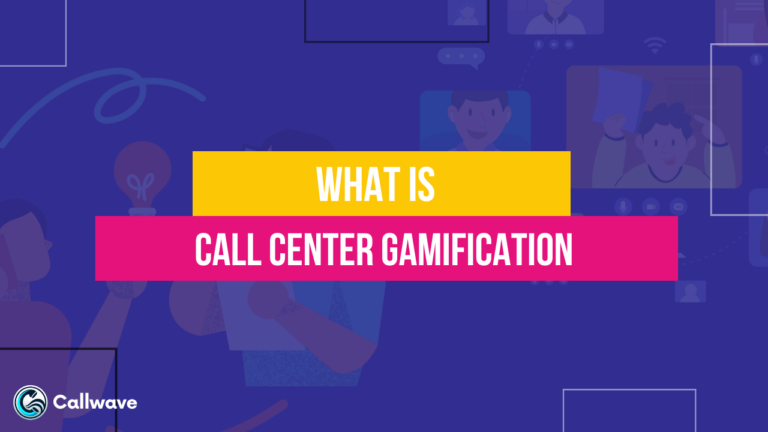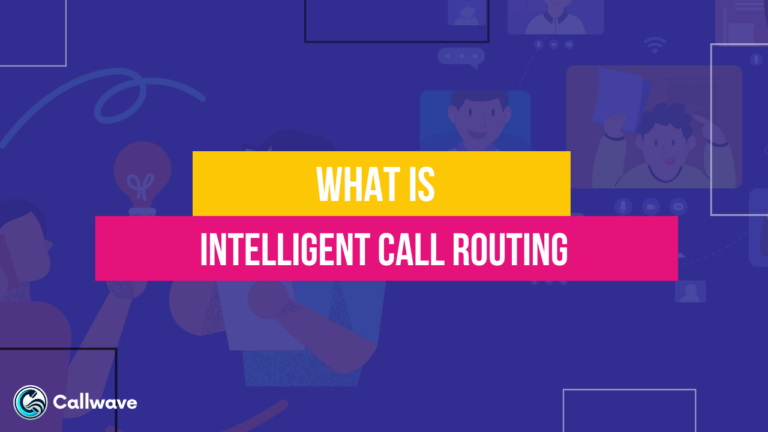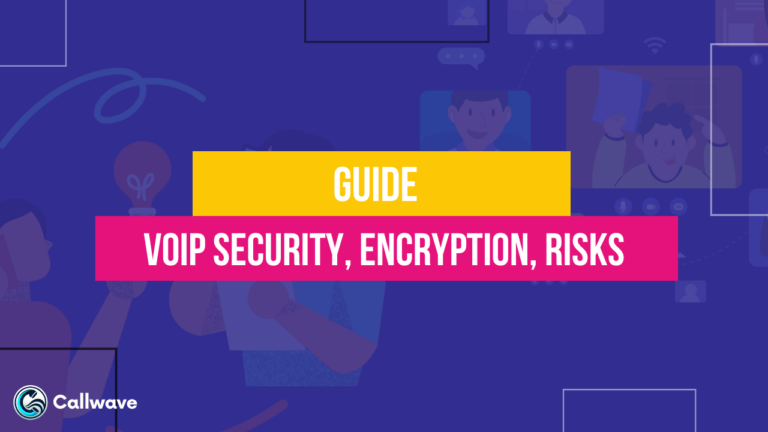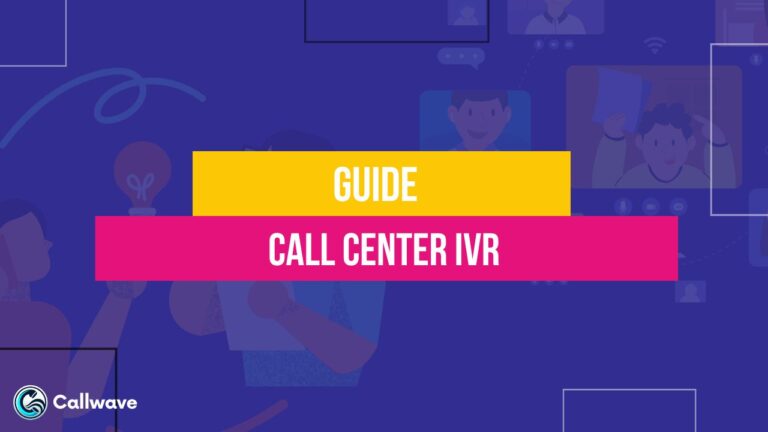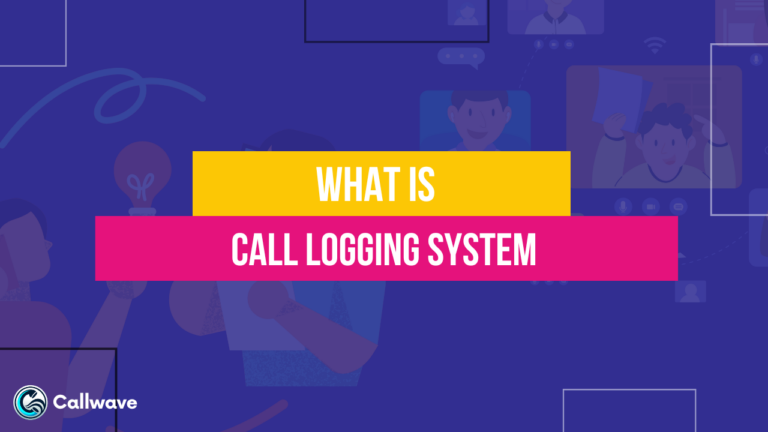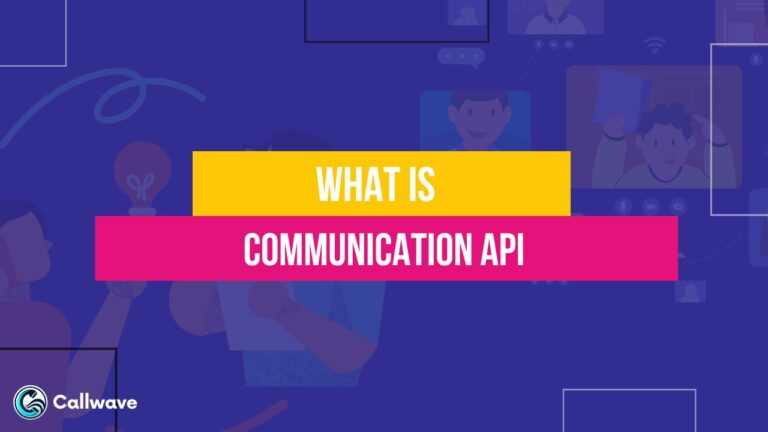Voice over Internet Protocol (VoIP) phone systems have become very popular in businesses and homes.
VoIP allows you to make and receive phone calls over the Internet instead of traditional phone lines.
One great feature of VoIP phone systems is the ability to record calls. Call recording can be very useful for businesses, professionals, and even families.
This article will explain what VoIP call recording is, how it works, the different types, the benefits, the legalities, top VoIP call recording providers, and frequently asked questions.

What is VoIP Call Recording?
VoIP call recording is the ability to record phone conversations made over VoIP phone systems.
It allows you to capture the audio from inbound and outbound calls as digital recordings that can be saved, stored, searched, and played back. The recordings are stored as audio files like MP3 or WAV files.
VoIP call recording requires call recording software and applications. The software integrates with the VoIP phone system to capture the call audio and save it as a file.
The recordings can then be easily accessed through a control panel or application interface.

How Does VoIP Call Recording Work?
Here is a quick overview of how VoIP call recording works:
- VoIP phones connect calls over the Internet instead of PSTN phone lines. The calls consist of digital voice data packets sent over the Internet.
- Call recording software captures these digital audio packets directly from the VoIP network traffic.
- The software extracts just the call audio from the network traffic and discards any non-audio data packets.
- The call audio is saved as digital audio files like MP3 or WAV on a storage system.
- Call recording software includes management interfaces to search, playback, download, and share the call recordings.
- Users can access the call recordings anytime from their PCs, mobile devices, or the software interface.
Different Types of VoIP Call Recording
There are a few different ways VoIP calls can be recorded:
1. Network-Based Recording:
This records calls directly from the VoIP network traffic as described above. It’s the most common and easiest way to record without needing hardware.
2. PBX-Based Recording:
Some VoIP PBX phone systems have built-in call recording that saves recordings to the PBX internal storage. However, storage space on a PBX is usually limited.
3. Handset Recording:
Some VoIP phones and apps allow you to record while on a call. However, starting and stopping recordings manually is time-consuming.
4. Passive Wire Recording:
This uses hardware adapters to passively “tap” into the VoIP phone lines to get call audio for recording. No software installation is required but can be expensive.

The Benefits of VoIP Call Recording
Here are some of the major benefits VoIP call recording provides:
- Records customer service calls to improve agent performance – Manage disputes or legal liabilities if there are ever questions about a call.
- Keep important communications as a record – Such as interviews, important client calls, training/onboarding calls, etc.
- Monitor staff for training/quality purposes – Help train reps by reviewing recordings.
- Search recordings for quick information retrieval – Search by date, caller ID, keywords, etc.
- Convert audio to text transcripts using speech analysis software.
- Enable users to store, playback, share, download, and organize recordings.
- Set up automatic recording rules like “only record outbound calls”, “record calls to these numbers” etc.
The Legalities of VoIP Call Recording
While VoIP call recording has many benefits, it also comes with some legal considerations and risks:
- In many U.S. states, call recording without the consent of both parties is illegal. Some states require just one-party consent.
- Companies planning to record calls should have a written recording policy that informs all parties they may be recorded.
- It is best to mention the recording upfront in a prerecorded greeting or announcement when the calls start.
- For customer service purposes, informing and getting consent is not required in many places. But for legal purposes, consent should be documented.
- Recordings can be subpoenaed in lawsuits and court cases if relevant as evidence. Make sure your data is secure.
- Don’t record financial transactions like credit card information – it may violate security compliances.
- Employees in expectation of privacy may not consent to having personal calls recorded.
- Follow the laws and consult legal counsel when implementing call recording.
Top VoIP Call Recording Providers
1. RingCentral

Overview:
RingCentral is a leading cloud-based communications platform that provides VoIP phone services and call recording capabilities. They serve over 500,000 customers worldwide.
Features:
- Automatic and on-demand call recording options
- Call transcription and searchable transcripts
- Customizable storage limits and retention policies
- Role-based access controls for recordings
- Encrypted storage for call recordings
Pricing & Plans:
RingCentral offers several plans starting at $19.99 per user/month. Call recording is included in the Standard and Premium plans. Storage limits range from 100GB to unlimited based on plan.
Best For:
Medium to large businesses that want an all-in-one business communications solution with call recording.
2. Verizon Digital Voice Call Recording
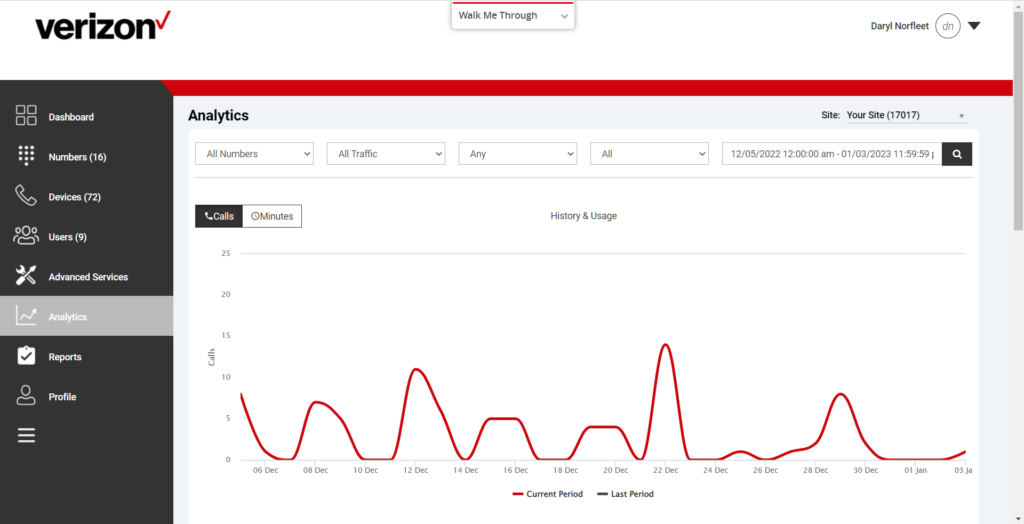
Overview:
Verizon offers add-on call recording services for its Digital Voice VoIP phone plans. It’s integrated directly into the phone system for easy access.
Features:
- On-demand and automatic recording options
- Transcription available
- Web-based call recording access and storage
- Customized retention policies
- User and group permissions
Pricing & Plans:
$10 per line/month for call recording service. Storage fees may apply for retaining recordings long-term.
Best For:
Verizon business customers who want call recording capabilities added to their existing phone service.
3. Talkdesk Call Recording

Overview:
Talkdesk is a cloud contact center solution with integrated call recording and agent performance tools.
Features:
- Native call recording with unlimited storage
- Agent scoring and performance monitoring
- Advanced call analytics and reports
- Customizable recording rules
- PCI and HIPAA compliance
Pricing & Plans:
Talkdesk plans to start at $45 per agent/month with call recording included. Enterprise pricing is available.
Best For:
Contact centers and sales teams that want voice analytics and insights.
4. Aircall Advanced Call Recording

Overview:
Aircall is a cloud phone system with advanced call recording options included in the Advanced plan.
Features:
- Transcription and searchable recordings
- Custom retention policies
- Agent performance monitoring
- Call analytics and reporting
- CRM integrations
Pricing & Plans:
$50 per user/month for the Advanced plan with call recording.
Best For:
Small to midsize businesses that want Aircall’s easy-to-use phone system with call recording.
5. Vonage Business Cloud Call Recording
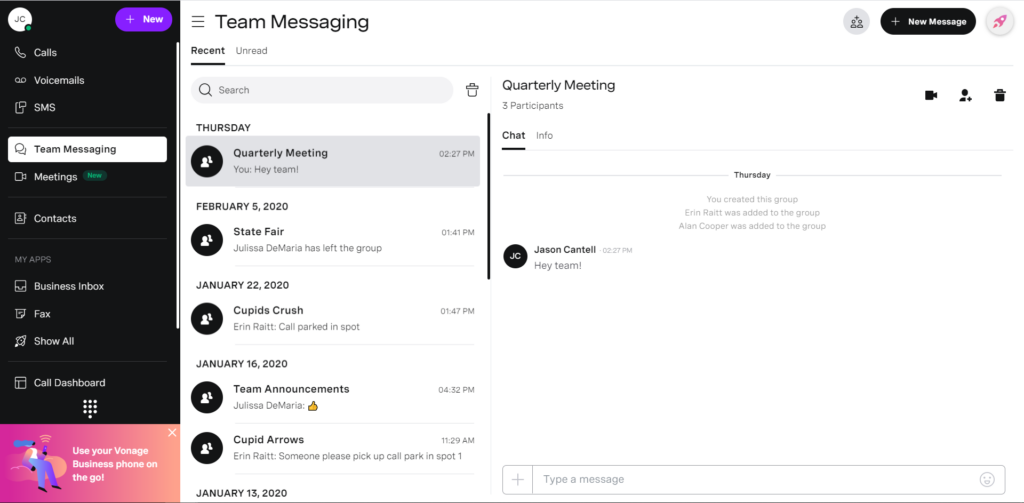
Overview:
Vonage offers call recording as an add-on feature for its Business Cloud VoIP product.
Features:
- On-demand call recording
- Transcription services available
- CRM integrations
- Mobile app access to recordings
- Customizable storage options
Pricing & Plans:
$20 per user/month for Vonage Business Cloud plans. The call recording add-on is $39 per user/month.
Best For:
Vonage customers who want to easily add call recording capabilities.
Frequently Asked Questions (FAQ)
Ques 1: Is VoIP call recording legal?
Ans: The legality depends on individual state laws. It’s illegal in some states but legal in others with just one-party consent.
Companies should consult the specific laws before recording calls.
Ques 2: Does VoIP call recording require special hardware?
Ans: It typically doesn’t require any special hardware beyond the VoIP phones.
The software performs the recording from the digital audio packets. Some solutions use passive wiretapping hardware.
Ques 3: Can you record both inbound and outbound calls?
Ans: Yes, VoIP call recording can be recorded in both directions – any calls made or received. You can also choose which specific calls to record.
Ques 4: Where do the recordings get stored?
Ans: Recordings are typically stored on a server or in a cloud account. Some VoIP PBX systems store them internally. Storage should be secure and have redundancy.
Ques 5: Can you integrate call recording with CRM and help desk systems?
Ans: Many call recording platforms have integrations or APIs to connect the recordings with popular CRM, support, and call center systems. This allows for storing call details and data together.

